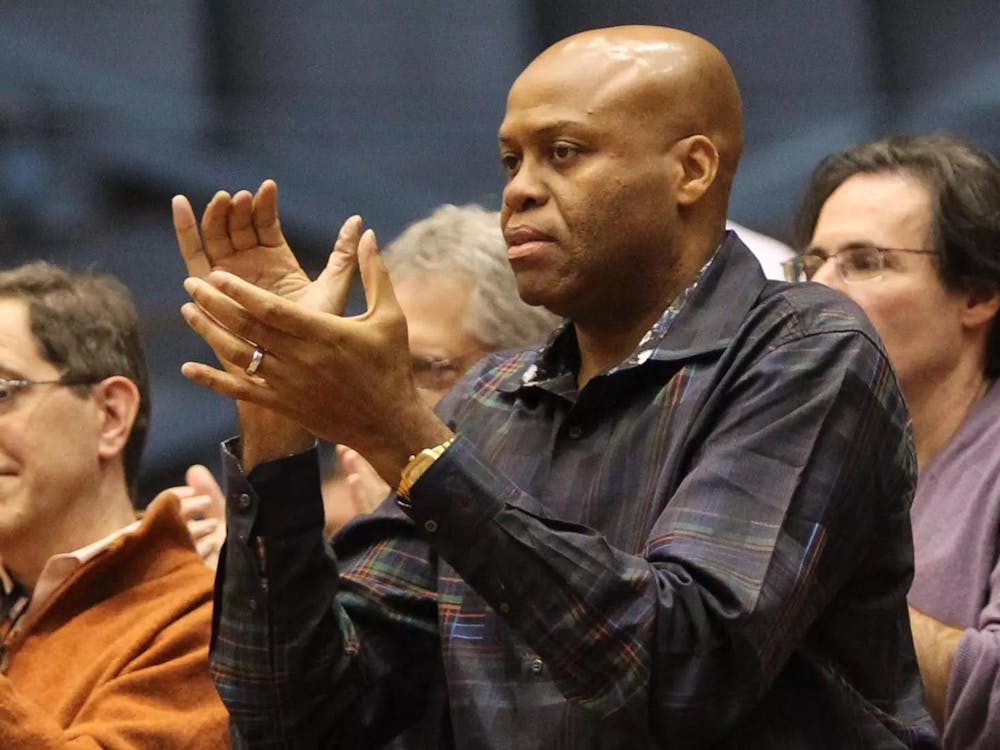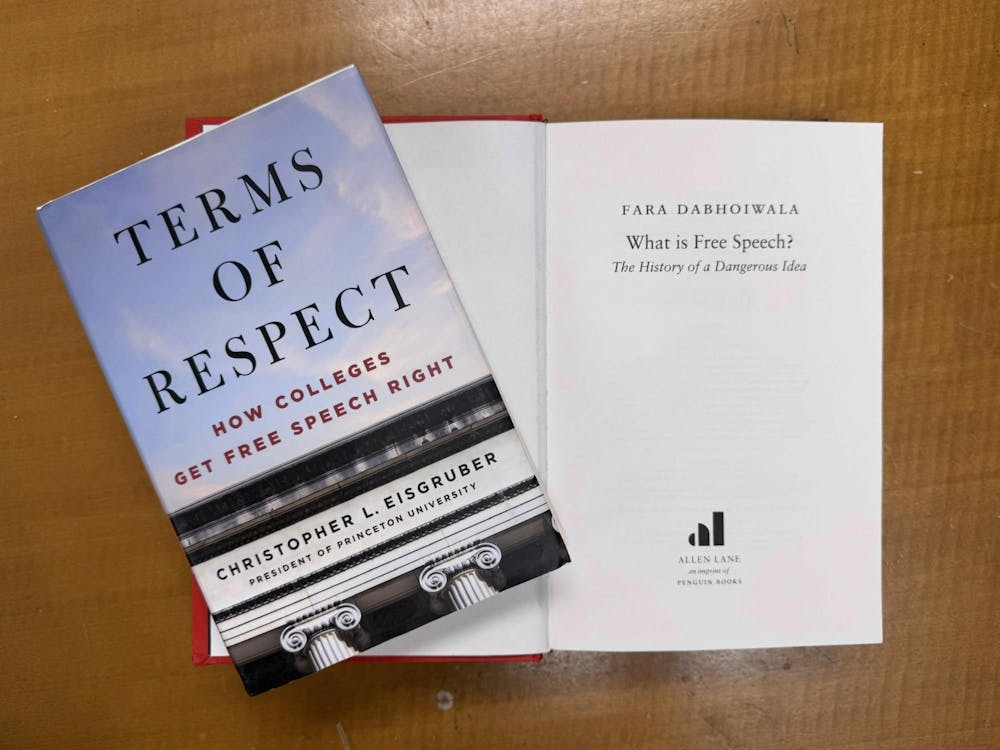In an apparent crackdown on Princeton Borough code violations, Borough Police officers have handed out 36 citations to University students on Prospect Avenue since Sept. 11.
Over the past two weekends, the department has issued 21 summonses for open containers of alcohol in a public right-of-way, six for littering and two for public urination, Police Capt. Anthony Federico said. In addition, police have charged five minors with possession of alcohol and two people for disorderly conduct.
In the first eight months of the year, between Jan. 1 and Aug. 31, officers issued only seven citations for open containers.
The recent surge in police activity works out to a 5,100-percent increase if the number of open container violations follows this trendthrough the end of the year.
"It has a lot to do with having extra people to use and the change in procedures," Police Chief Charles Davall said. "What the sergeants have been asked is: As they see large crowds on Prospect Avenue, if nothing else is going on in town, they're going to enforce these ordinances."
Because of extended shift hours and a change in department policy, police have been able to increase enforcement of Borough ordinances.
During the summer, Borough Police extended the shifts of officers in its Safe Neighborhoods Unit from eight to 12 hours per shift, Davall said. That change has allowed the department to have two additional officers patrolling the Borough between 11 p.m. and 2 a.m. on weekend nights.
In addition, the Borough has changed its procedures for handling violations for open containers, serving a minor and public urination. Instead of arresting violators and taking them to headquarters, police now issue them a summons to appear in court.
The maximum penalty for such Borough code violations is 90 days in jail or a $1,000 fine. There is no policy for who receives which penalty. However, a violator's actions can play a role.
"If the person is cooperative or if the person gave us a lot of lip service — we're going to tell the judge that," Davall said. "That's something that may swing the fines."
The increase in violations could pose a threat for eating clubs if the enforcement level continues. Officers could ask minors where they obtained alcohol and then investigate the illegal serving of an underage person, Davall said.
That could cause problems for the 'Street' if students tell police they obtained alcohol at an eating club, said Cindy Drakeman '02, the Inter-Club Council president.

"Generally, the students haven't been very open about talking to police. I don't know if this will change things," she said. "It would certainly make life difficult for us.
"It's important for police to realize that we're all on the same side of this argument," she added. "The eating clubs, the Borough, the police don't want students getting into trouble or getting drunk or violating Borough ordinances."







